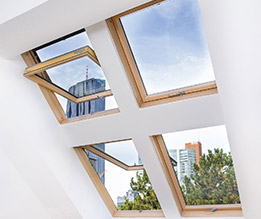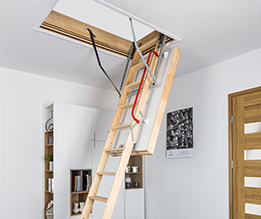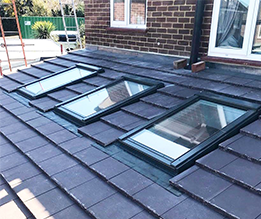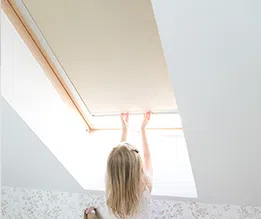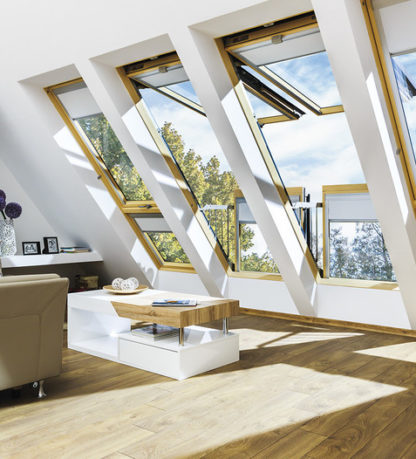Don’t move, improve: How to add value to your home
When your property isn't giving you what you need, be it space, light, or a stimulating environment, it can be tempting to up sticks and move. But moving to a new house can be disruptive and stressful, often causing more problems than it can solve. So, if now isn't a good time to move to a new house, it's a much better idea, it’s a much better idea to stay put and improve your home instead to suit your needs — don't move, improve!
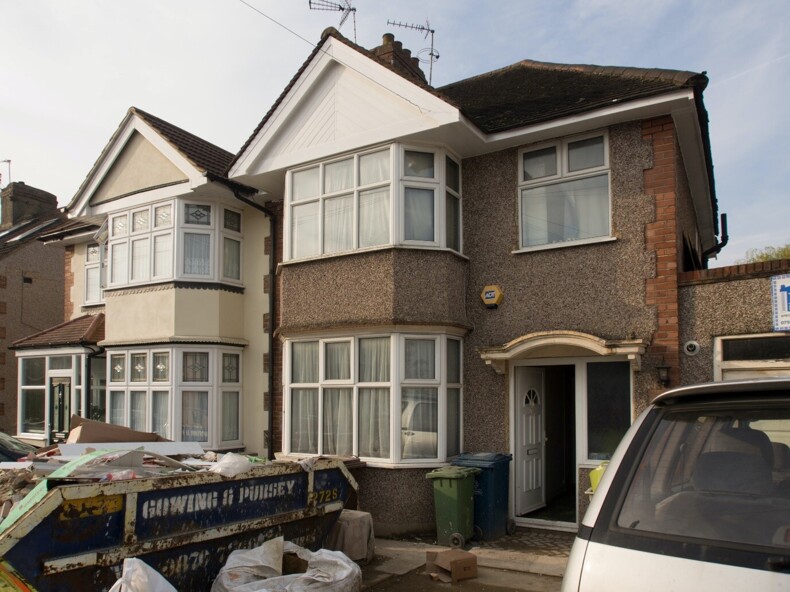
One of the benefits of working on your home is that you may often make your money back further down the line. If you are still considering selling within the next few years, making some changes now can increase the value of your property and ensure you get a better deal.
Some methods of improving your property and increasing its value are quick and easy, like giving the whole place a fresh lick of paint or making sure you have double glazing throughout. According to a study, there are even some house names that add value (This Is Money)! But some trend-focussed updates could quickly go out of date and therefore do not add value to your home. To really make a difference to how much your property is worth, some long-term planning and renovations can have the biggest effect — and can be the most rewarding too.
In this guide, we’ll be rounding up what adds value to a house, including which home improvements add the most value.
Does a conservatory add value?
Conservatories have proved to be consistently desirable and quite easy to apply for, with most average-sized conservatories being classed as permitted developments (meaning you might not need planning permission). They’re a great way to add light and extra space in your home to relax and recharge in without actually being outside, so they’re a good home improvement option to consider. But how much value does a conservatory add?
A good quality conservatory can add around 10% to the value of a property (Post Office), compared with loft conversions which can add between 10 and 20%. A downside is that you need to have the garden space to accommodate the outward extension, which isn’t always possible. Instead, you may prefer to build up into your loft. A loft space with plenty of roof windows can help you achieve a tranquil area in your home similar to a conservatory using the space you already have. Conservatories are still worth looking into if you have the space, though, as their popularity means that some people might be willing to pay above the extra 10%.
You could also consider converting your garage. As long as there are no rooms above it, you canroof windows to create another calm and sunny space to escape to, using the space already available to you.
Does converting a garage add value?
Garages are useful structures to have on your property, but as long as you have sufficient parking elsewhere, they don’t necessarily add much value to a house. A garage adds around 5% to your house value, whereas a simple paved driveway can add between 5% and 10%. A converted garage, however, can really up the ante with a 20% increase (Virgin Money).
Converted garages can essentially become additional living spaces simply by having windows installed, carpets fitted, and other functional elements — planning permission isn’t often required but as with any home improvement, its best to check. From man-caves to gyms, home cinemas, and even guest bedrooms, you can create a cosy space separate from the rest of your home with minimal disruption. Plus, a garage conversion is usually cheaper than the cost of an extension (Post Office). And, when it comes to selling, a converted garage is perfect for giving your home that wow-factor!
How much value does an extra bedroom add?
An extra bedroom can add a significant amount of value to your home depending on its current size. For example, transitioning from a three bed to a four-bedroom house can increase the value of your home by 10% (Nationwide), so it is definitely worth taking a look around your property to see where you could squeeze one in. If all your spare rooms are occupied, you generally have two main options: an extension, or a loft conversion.
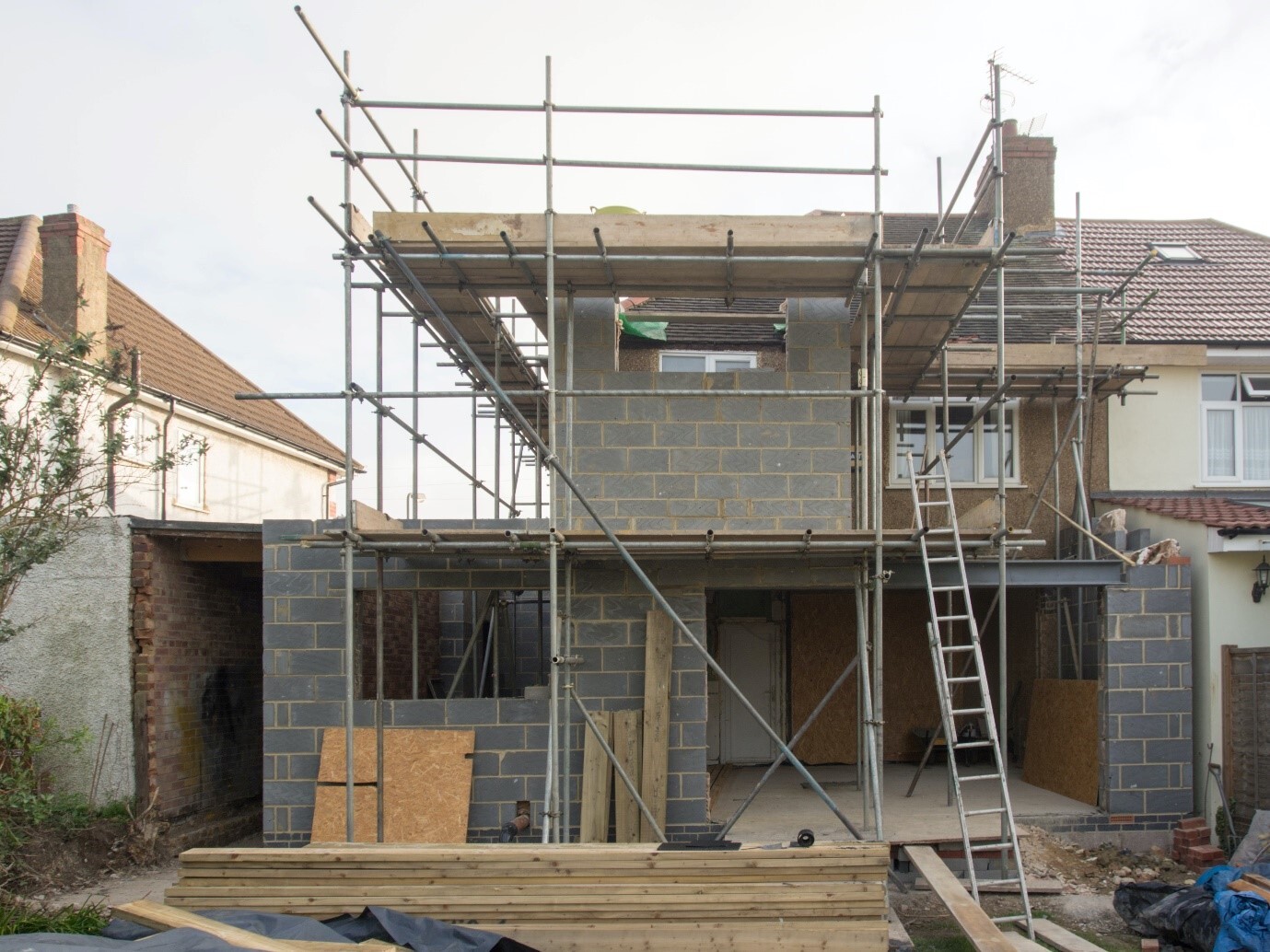
An extension, usually a double storey extension, might be required to add another bedroom to your house. Extensions generally give you a higher return on your investment the bigger they are, but they are very costly up-front. On average, a double storey extension could cost between £60,000 to 70,000 for the building work alone, with extra costs for interiors and decorating (Build It). You may also have to apply and pay for planning permission. So, before you build, make sure you’ll be able to make your money back when the house is sold.
A more cost-effective way of increasing the number of bedrooms is to build up by converting your loft. A loft conversion with roof windows can cost four times less than an extension, starting at around £15,000 (Checkatrade). This additional living space would then give you the opportunity to add a guest bedroom upstairs, move your primary bedroom to the top room of the house, or create a little oasis for younger members of the family. But most importantly, you will more than likely see a return on your investment with a loft conversion due to their generally lower price tag.
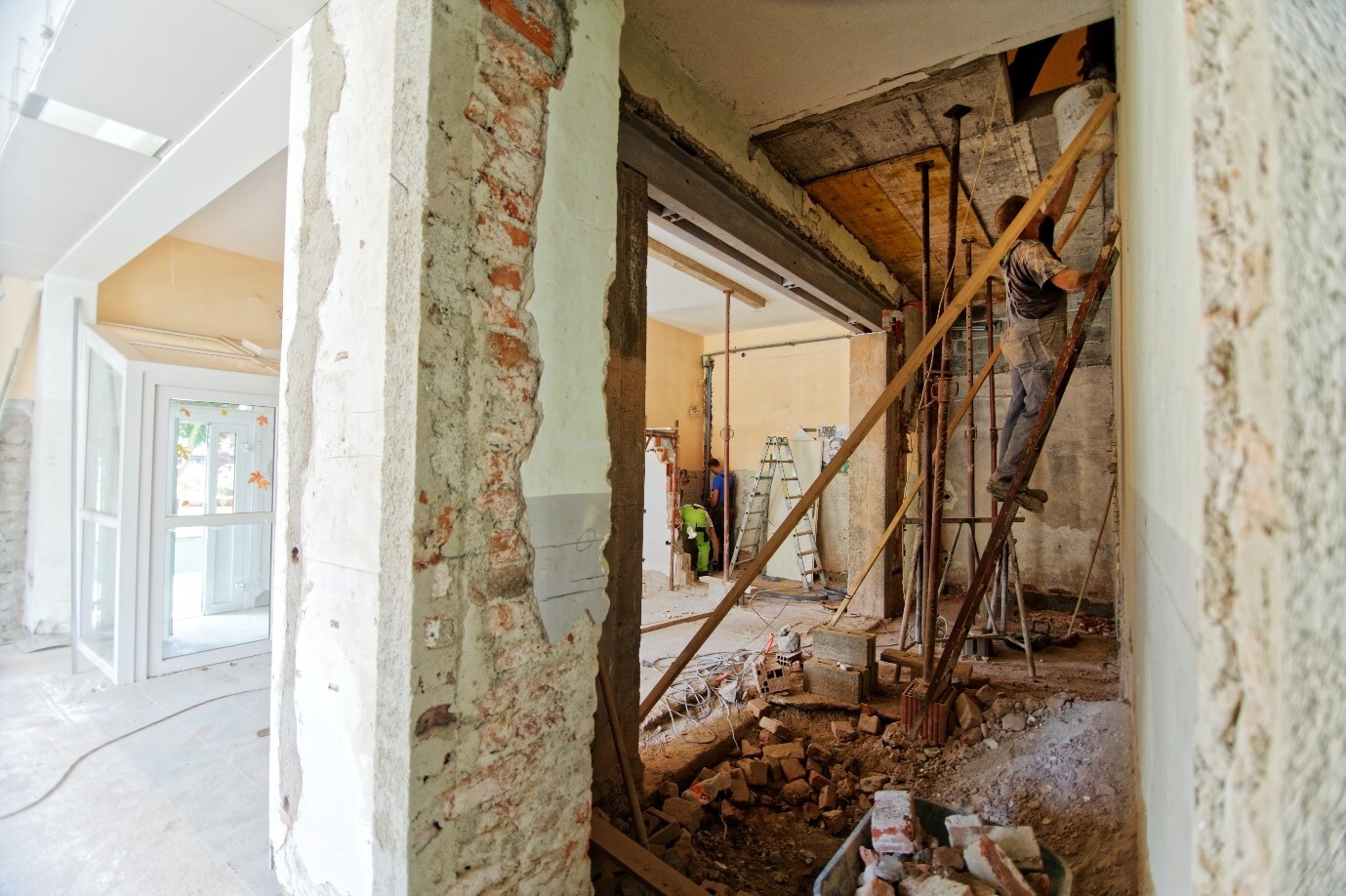
How much value does a new kitchen add?
Another popular way to update your home is to redo your kitchen, as a new kitchen can add a huge 26% in value on average (Post Office). Completely renovating a kitchen can be time-consuming, inconvenient, and expensive, so it’s important to weigh up the cost of the job against how much you think you’ll get back from it. If your fittings and appliances are severely outdated, then a total re-do may be the most practical way forward, but you should look for other ways to bring your kitchen up to standard first. For example:
- Having good quality, granite countertops fitted can make a huge difference to your kitchen and can even increase the value of your home.
- Re-painting the units can give them a fresh feel, with final touches like adding new handles onto cupboard doors giving the appearance of a completely new kitchen.
- New lighting can also be a simple and clever shortcut to brighten up this space.
- Deep cleaning, regrouting, or retiling the splashback can cost very little but totally change the look of your kitchen.
These changes plus any other cosmetic alterations you think your kitchen might need can really make a difference to your property. Kitchens are often considered the heart of the home, so if you only have the time or money to focus on one room, it’s a good place to start.
Exterior home improvements
First impressions really do count and can affect how you feel about your entire house. The exterior of your property is what welcomes you home at the end of the day, plus it will be the first thing potential buyers will see when you start conducting viewings. So, it pays to make the outside of your home as inviting as possible — this is known as kerb appeal. Your front door in particular needs care and attention as the entryway into your home. If you can’t afford to completely replace the front door, then giving it a lick of paint and a new handle and knocker will help.
A garden with landscaping can increase your property value by 77% (Post Office), with add-ons such as high-quality water features, flower beds, sheds, and more providing a little extra. Even if you don’t have much room to work with, you can invest in some decorative stones and potted plants, clear the weeds, and plant some hardy, sweet-smelling flowers, such as lavender, to provide a sensory experience. Little touches like these will give you an edge on other properties on the street.
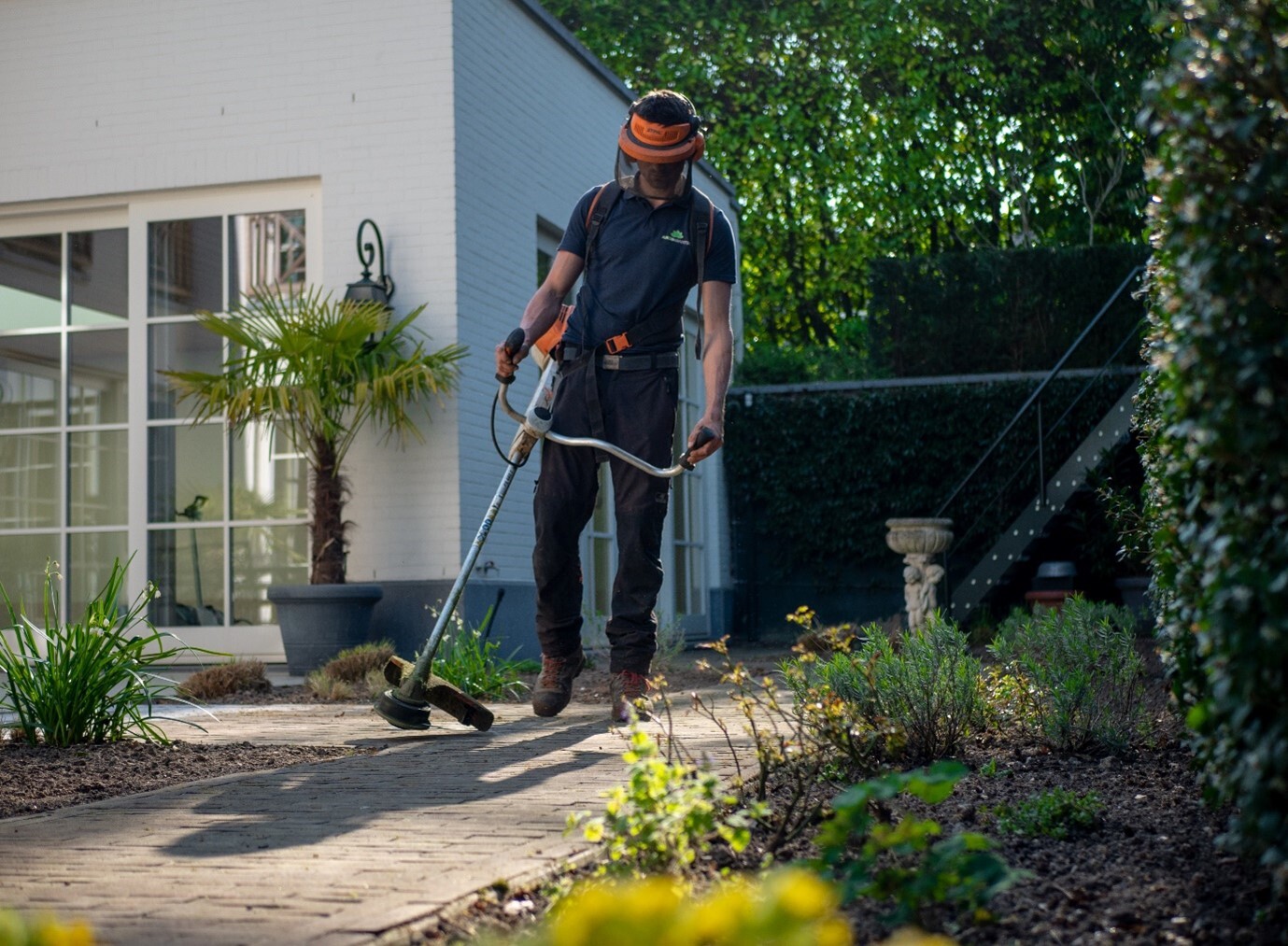
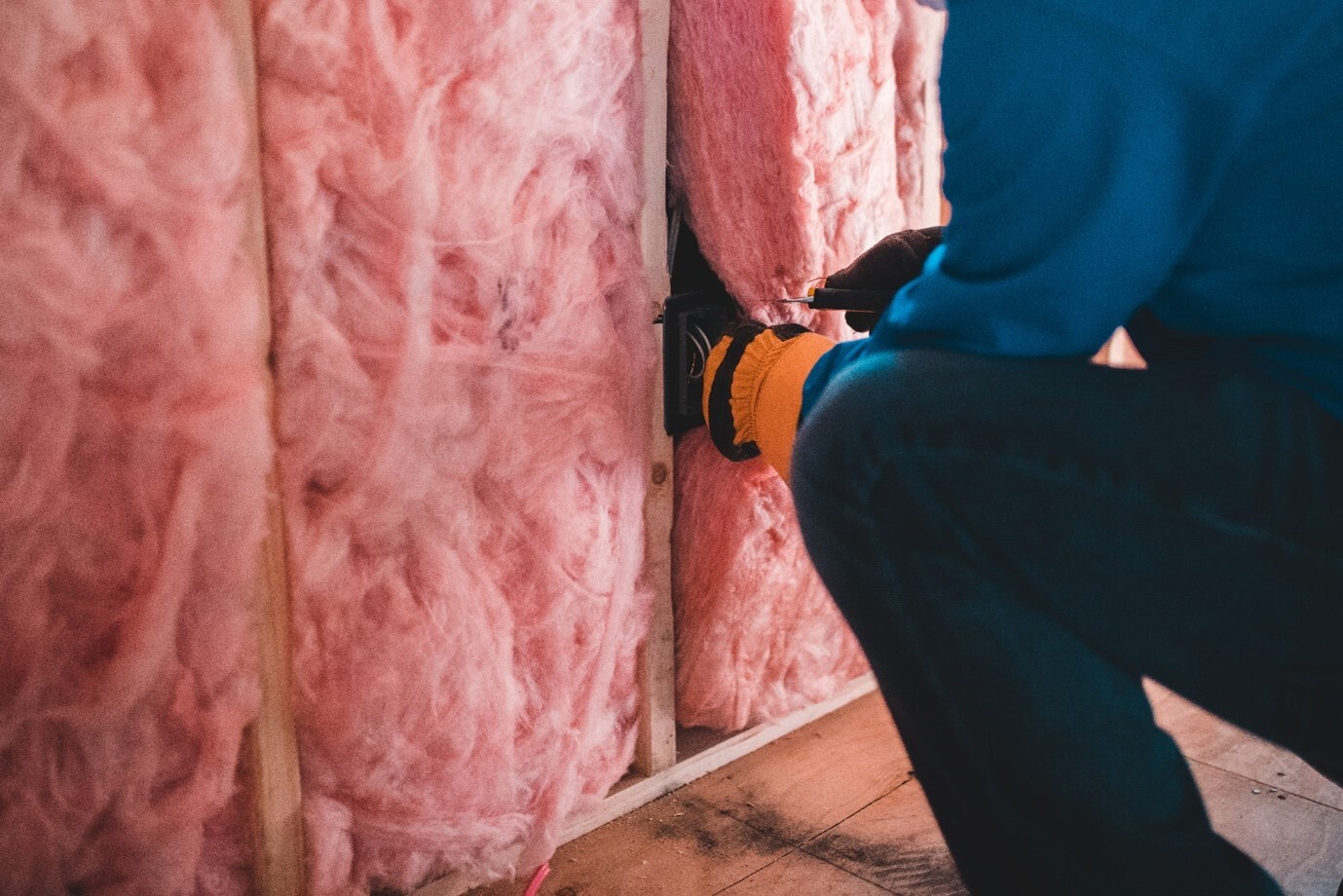
Energy efficiency
It’s becoming increasingly important that our homes are as eco-friendly as possible, to help do our bit for the planet and keep bills low. In fact, many homebuyers will assess a house based on its energy efficiency, with those rated A or B selling for 14% more than properties with lower ratings (Money Supermarket). If your EPC rating isn’t the best, then there are a few steps you can take to improve it, reduce your energy bills, and impress those all-important buyers.
Double glazing is ideal for conserving energy and can increase value by 10%, so if you haven’t already, you should install double glazing throughout the whole property. You should also consider insulating your home, draft proofing, installing an energy efficient boiler, fitting a smart meter, or even adding solar panels to see further improvements in your EPC rating.
Another important thing to consider is that there are plans to phase out traditional fuel vehicles by 2035, so installing an electric vehicle charging point now would prove beneficial when you buy a new car or when it comes to selling your property. A parking space with an electric charging point could even add 5% onto the value of your home (Project EV)!
If you’re looking to get more out of your property, these are just some of the best home improvements that can add value to your property. From increasing space with a garage or loft conversion to making sure your interiors are up to date, there are plenty of options to consider.
The Don’t Move: Improve campaign aims to show the benefits of creating a more comfortable place for yourself and your family to live in now, with a potentially better deal when you sell your home further down the line.
For more ideas on how to improve your home, why not take a look at the helpful articles in our Knowledge Hub? Or, to discuss your roof window and loft ladder requirements, get in touch with the FAKRO Support Team on 01283 554755 or email: sales@fakrogb.com.
